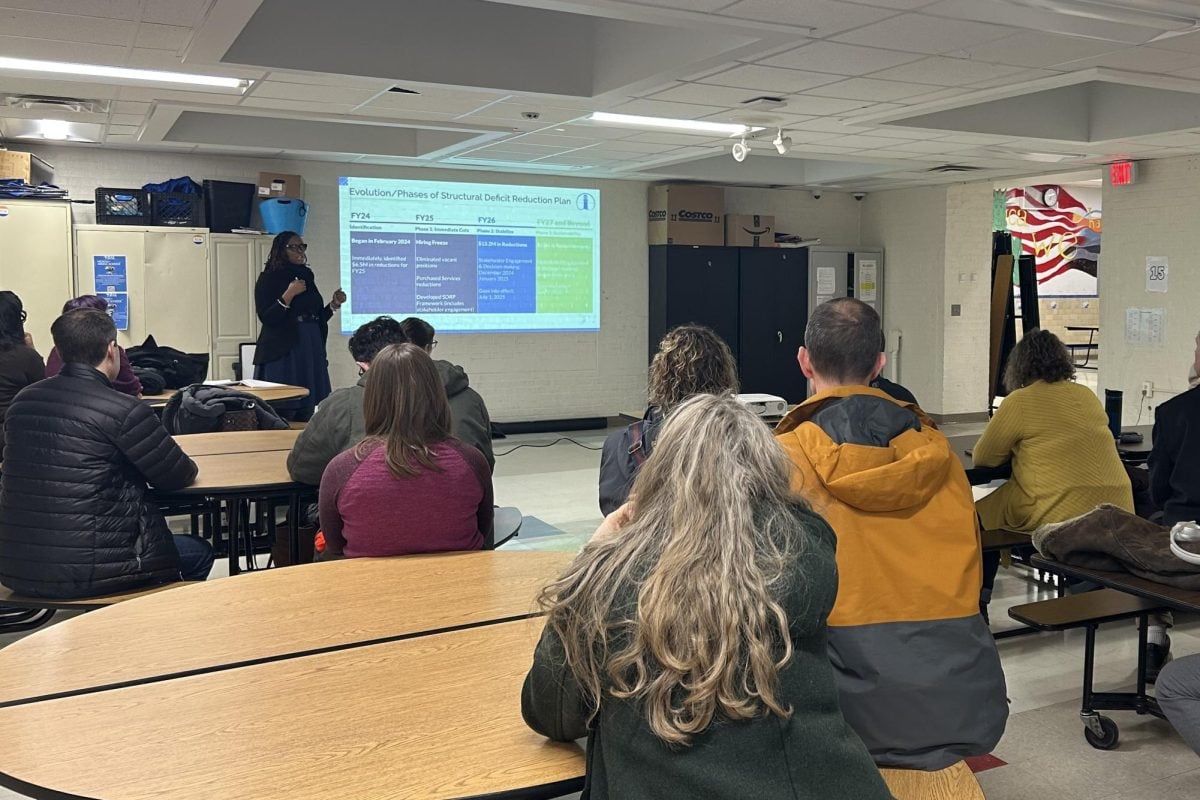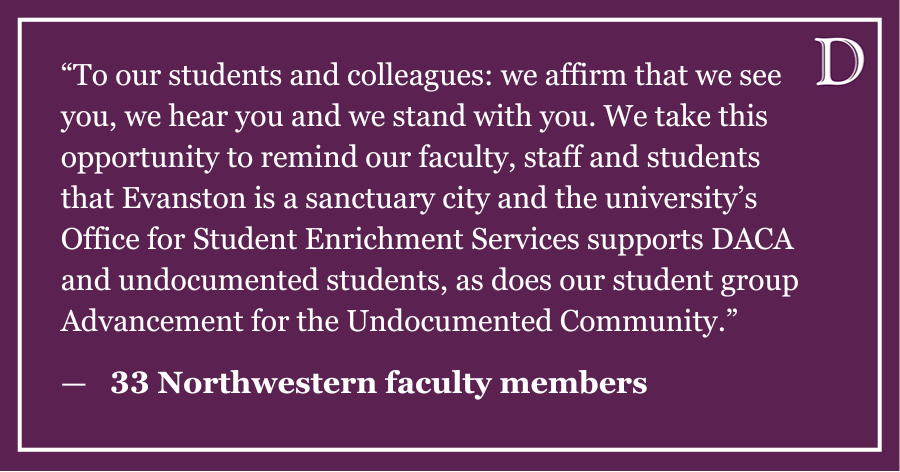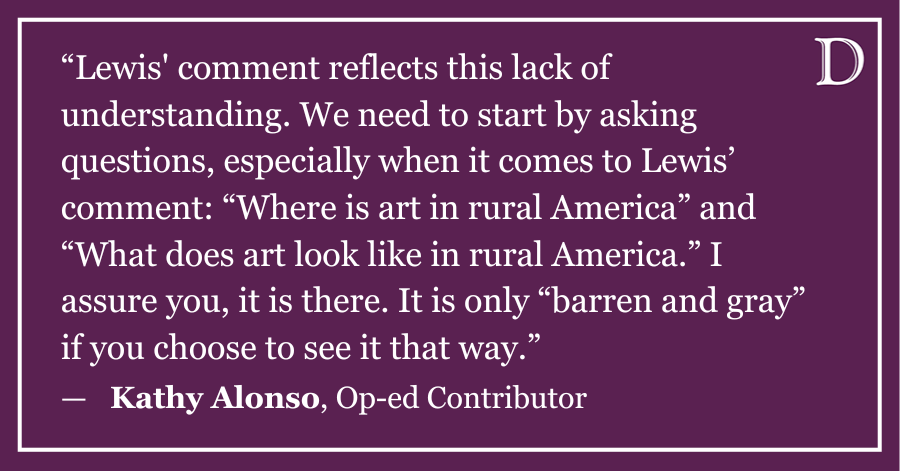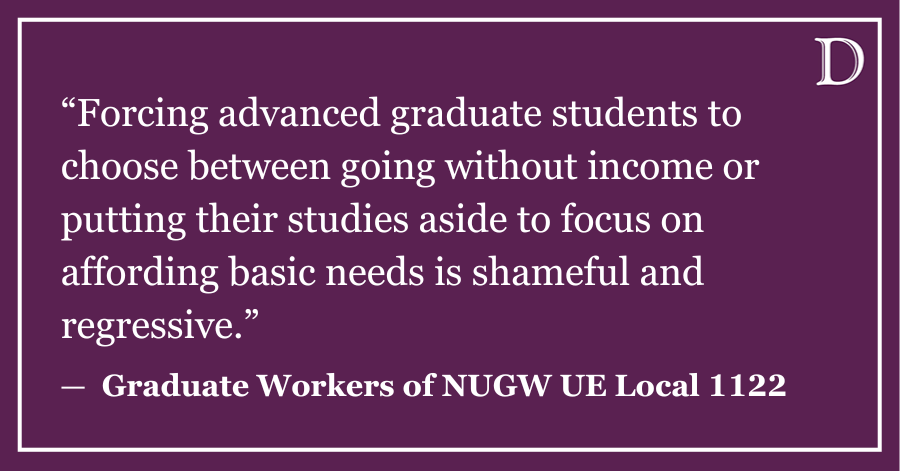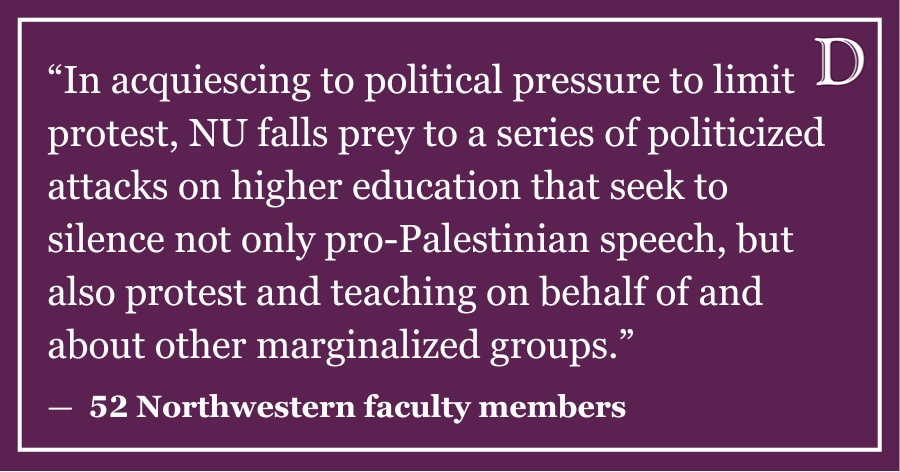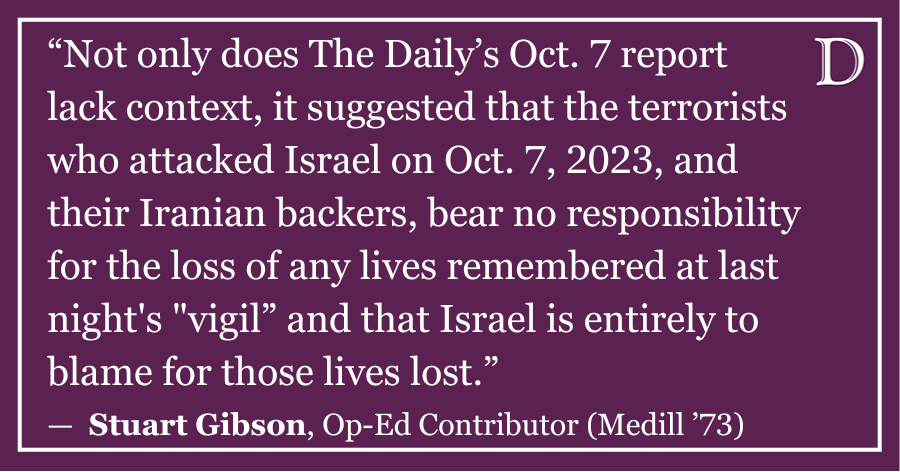We are three caregivers and graduate workers at Northwestern University. We grew up in the Czech Republic, Switzerland and the U.S. We have one, two and three kids (aged 1.5 to 16 years old) — which is lots of fun, but leaves little time to spare. Our schedules revolve around drop-offs and pick-ups, cooking, cleaning and playing homemade family games like “here comes Darth Vader.” In the midst of all this, we pursue our own coursework and academic research.
With all of this joy, however, caregiving also brings plenty of worries, many of which are related to the health of our loved ones and, inevitably, the cost of health insurance.
Charles’ family is on his NU-SHIP healthcare plan. Although Charles’ personal insurance premium is fully covered through NU-SHIP, premiums cost $10,288 for his children and another $5,144 for his wife. The total of $15,432 in premiums per year is about 40% of the current pre-tax income of a graduate worker at Northwestern, and does not even include the out-of-pocket maximum of $5,000 per family.
Charles and his wife, who works full-time, struggle to pay ever-increasing premiums each year. So far, they’ve managed to do so by working side gigs and taking on credit card debt. Notably, faculty and staff at Northwestern with the same income level as Charles can choose between four more affordable insurance options that have annual premiums between $768 and $10,356 for the entire family.
We understand that the recently announced tentative agreement secures important gains for fellow grad workers, and we deeply appreciate the hard work of the Northwestern University Graduate Workers bargaining committee in getting us this far.
However, the administration’s adamant refusal to include any kind of subsidized health insurance for dependents in the contract fails graduate workers with dependents and betrays NU’s purported commitments to diversity, equity and inclusion. This is why we are voting against ratifying the contract and encouraging our co-workers to join us.
Affordable, high-quality healthcare for loved ones is a basic right that NU most certainly has the means to provide within its more than $3 billion annual budget.
Last spring, we surveyed the needs and priorities of graduate worker caregivers at NU in preparation for the upcoming contract negotiations. Importantly, caregivers listed the costs of dependent healthcare as one of their most pressing concerns. These findings were shared with the NUGW bargaining committee in July 2023.
Despite this, soon after the bargaining session on Feb. 1, we learned that the demand for dependent healthcare subsidies was dropped entirely in the face of a “hard line” from the administration.
We were told by the bargaining committee that the administration was steadfast in its despicable decision to deny affordable health care to children, disabled adults and other family members of graduate workers. This puts our tentative contract agreement well behind our peer institutions. For example, graduate unions at Brown, Yale and Columbia have secured contracts that include 75-100% premium coverage for dependent healthcare, as well as significant dependent dental coverage.
NU’s uniquely cruel stance inflicts hardships on graduate caregivers and our entire campus community. The University’s decision could cause many brilliant scholars who are caregivers or parents like us to turn down graduate admissions offers from NU, opting instead to attend universities with adequate benefits.
The prohibitive costs of adding dependents onto the NU-SHIP plans result in heartbreaking and impossible choices for graduate workers and their families. This is particularly the case for caregivers from already vulnerable populations, such as single parents, folks whose dependents have chronic (and expensive to treat) conditions and international workers.
This is a coalition of graduate workers NU should support if its leaders want their rhetoric about equity and care to be more than mere platitudes.
In a letter accompanying a referendum on dependent healthcare coverage, Sharif Hassan, our fellow graduate worker in sociology, wrote about the joyous and frightening time after the birth of his son in 2022.
Hassan said mounting medical bills from complications with his son’s birth forced him to consider an unimaginable choice, which demonstrates the inhumanity of the current dependent healthcare insurance structure at NU.
“(The cost of enrolling both my wife and son in NU-SHIP) forced upon me a choice that no husband or father, no spouse or parent should ever have to make – choosing between prioritizing securing health insurance coverage for my wife, who suffers from a chronic illness and who had recently undergone an emergency C-section because her doctors feared she could otherwise suffer a stroke at any moment, or securing it for my fragile, premature infant who could barely let out the tiniest cry and needed so much help to breathe that we could barely see his face behind all the wires and tubing,” Hassan said.
Hassan said he ultimately chose to insure his wife because she is an immigrant, whereas their son is a U.S. citizen with access to government subsidized healthcare.
We are not alone in our concern. As of Thursday afternoon, 241 graduate workers have already signed the aforementioned referendum demanding that dependent care coverage be put back on the table. About 80% of signatories are not caregivers themselves, but there is a strong and growing coalition of graduate workers forming that is ready to fight for this essential benefit.
We urge our fellow grad workers to join us in voting no on a tentative agreement that fails our fellow caregivers. Following a contract rejection vote, we ask that the University and the bargaining committee return to the table and arrive at a contract that provides robust dependent healthcare benefits.
Should the administration continue to hold onto their reprehensible “hard line,” we – and many of our peers – are ready to strike.
Signed,
Matej Jungwirth, second year graduate worker in Political Science
Charles Logan, fourth year graduate worker in Learning Sciences
Murielle Standley, fourth year graduate worker in Communication Sciences and Disorders
If you would like to respond publicly to this op-ed, send a Letter to the Editor to opinion@dailynorthwestern.com. The views expressed in this piece do not necessarily reflect the views of all staff members of The Daily Northwestern.




